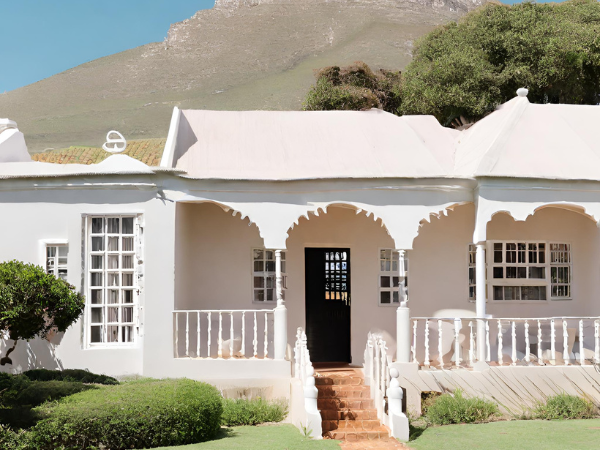
Things to consider when buying a historical home
History plays a major role in the real estate market, with some of the most sought-after homes being heritage sites. We look at the ways you can get your hands on a beautiful historical home and how to safely restore it to its former glory.
What is considered a historical home?
In South African law under the National Heritage Resources Act of 1999, if a property is older than 60 years it is classified as a heritage property. The Act protects these properties and it is illegal to renovate or destroy any part of the building without a permit. Once you’ve been permitted to purchase a heritage home, you may be tasked with the responsibility of preserving its original design and architecture. This means restoration with the intent and purpose of enhancing the property without changing it. The Act strictly states that the term alter can refer to “any action affecting the structure, appearance or physical properties of a place or object, whether by way of structural or other works, by painting, plastering or other decoration or any other means.”
How do I get a permit to refurbish my historical home?
You will need to apply for a permit from the Provincial Heritage Resources Authority (PHRA). This department handles the appeals and processing that come with permit applications. You are only required to obtain a permit if you’re planning to “destroy, damage, deface, excavate, alter, remove from its original position, subdivide or change the planning status” of a declared heritage site. Once the relevant authorities have decided that your permit can be issued, you are free to begin restorations.
The benefits of owning a historical home
Nothing can compare to the pride that comes with being the owner of a piece of history. Especially if the property forms part of a special heritage of your country or people. It is a prestigious responsibility and one that will push you to the forefront of the community, as many visitors will want to view the property or honour it as a landmark of the past.
Historical homes are also usually located in beautiful, safe settings with large grounds and gardens. This lush environment provides a charming lifestyle and is often more visually pleasing than modern homes. Grand, luxurious finishes and unique detailing in the architecture make for a dignified home that can’t be replicated. It comes with the status of important heritage and will often include quality materials such as hardwood, marble, stained Victorian glass and more. With larger homes that have stood mostly empty before the sale, it will be a practical buy. As long as you plan on maintaining the key components of the house, it will be a shining light among the new developments in the area. Historical homes stand out because of their distinct design and class.
Is buying a historical home the right choice for you?
For those with a passion for history and the desire to keep heritage alive, a historical property would be the ultimate possession. The opportunity to preserve relics of old for future generations is a noble pursuit and one that shouldn’t be taken lightly. However, it could mean an expensive journey and a costly endeavour over time. It’s recommended for those who have ample time and money to spend on upkeep and maintenance. If restrictions in further construction and alterations will not be a factor for you, you will thrive as a historical homeowner.

Seeff’s team of experts hold knowledge that spans numerous topics. When you decide historical land is the way to go, we will be on hand to help you pick the perfect home. Our property practitioners can advise on legal processes, interior decor and the most affordable ways to renovate without changing the features of your home. Get in touch today to discuss your options.







